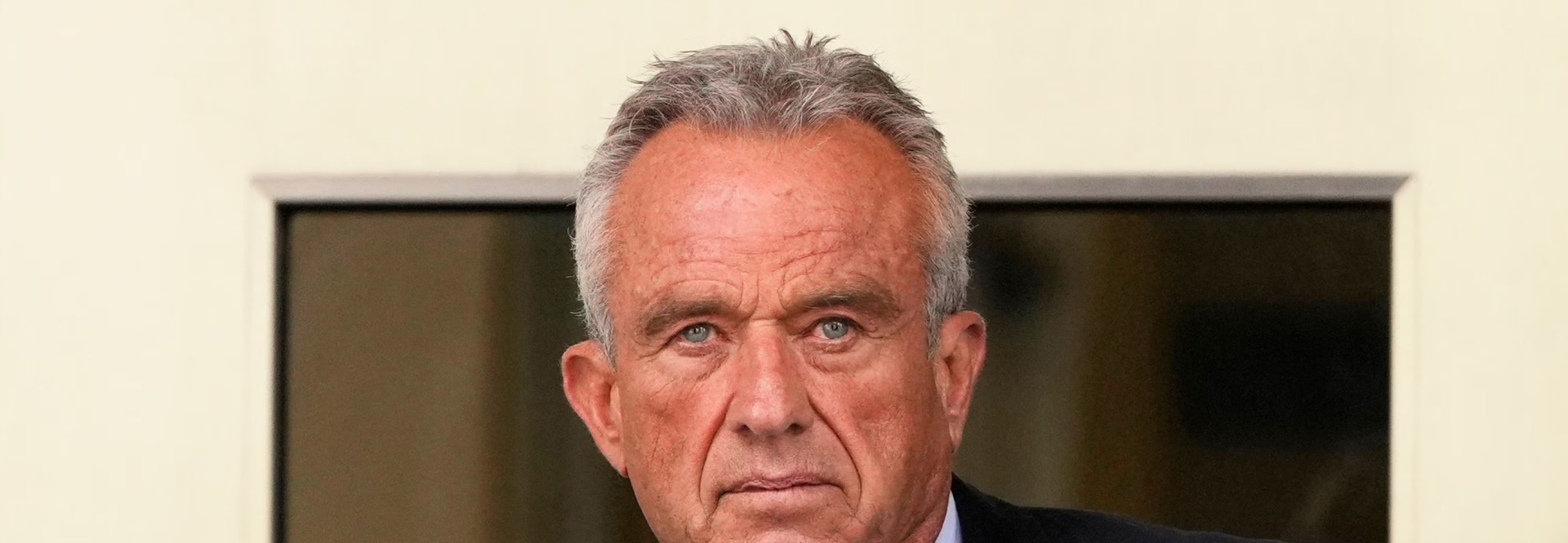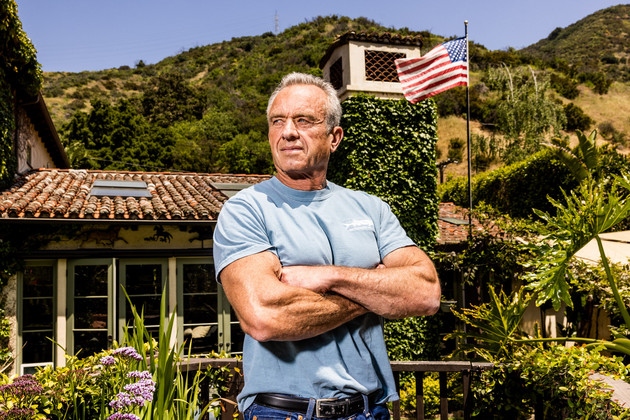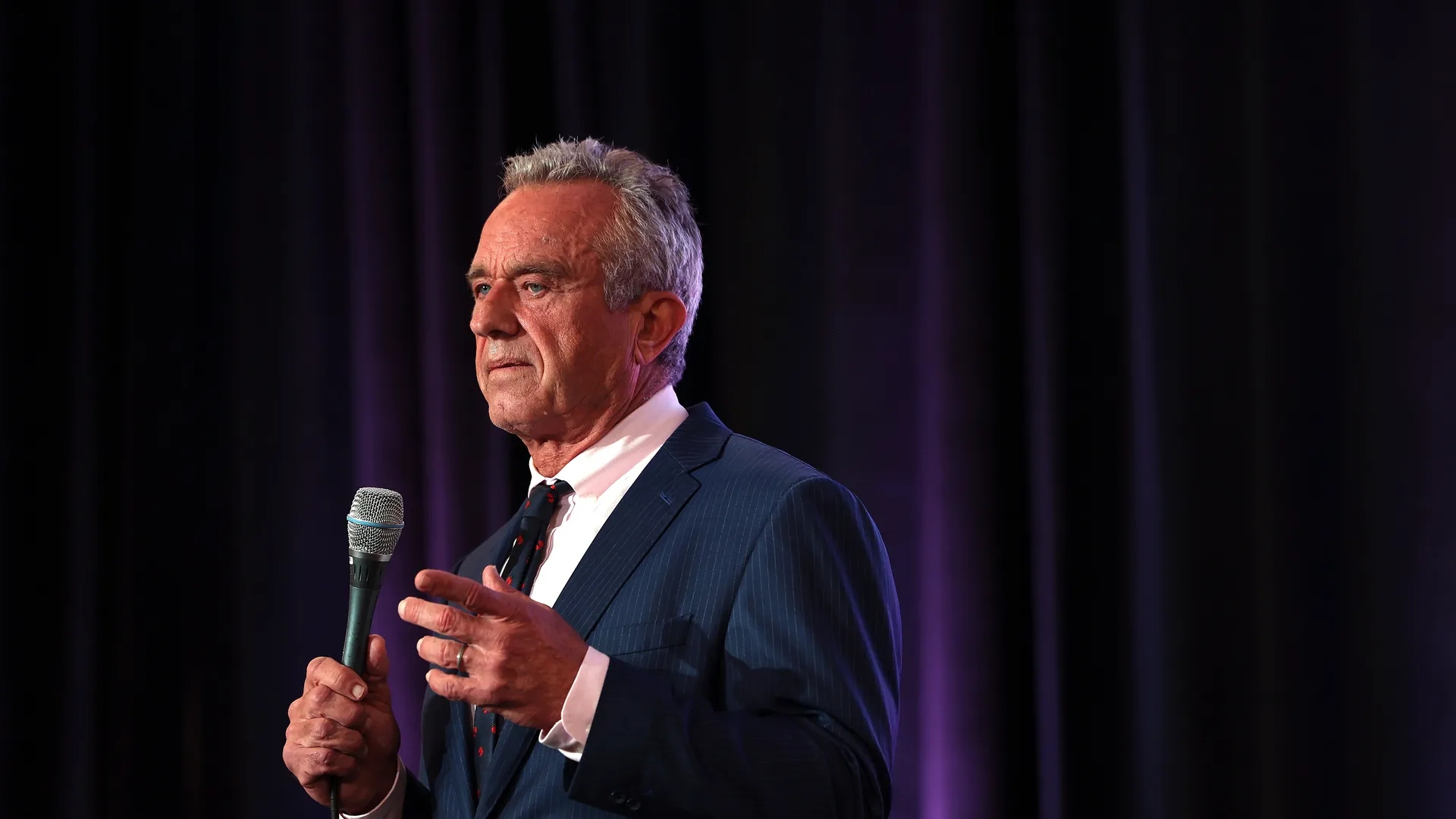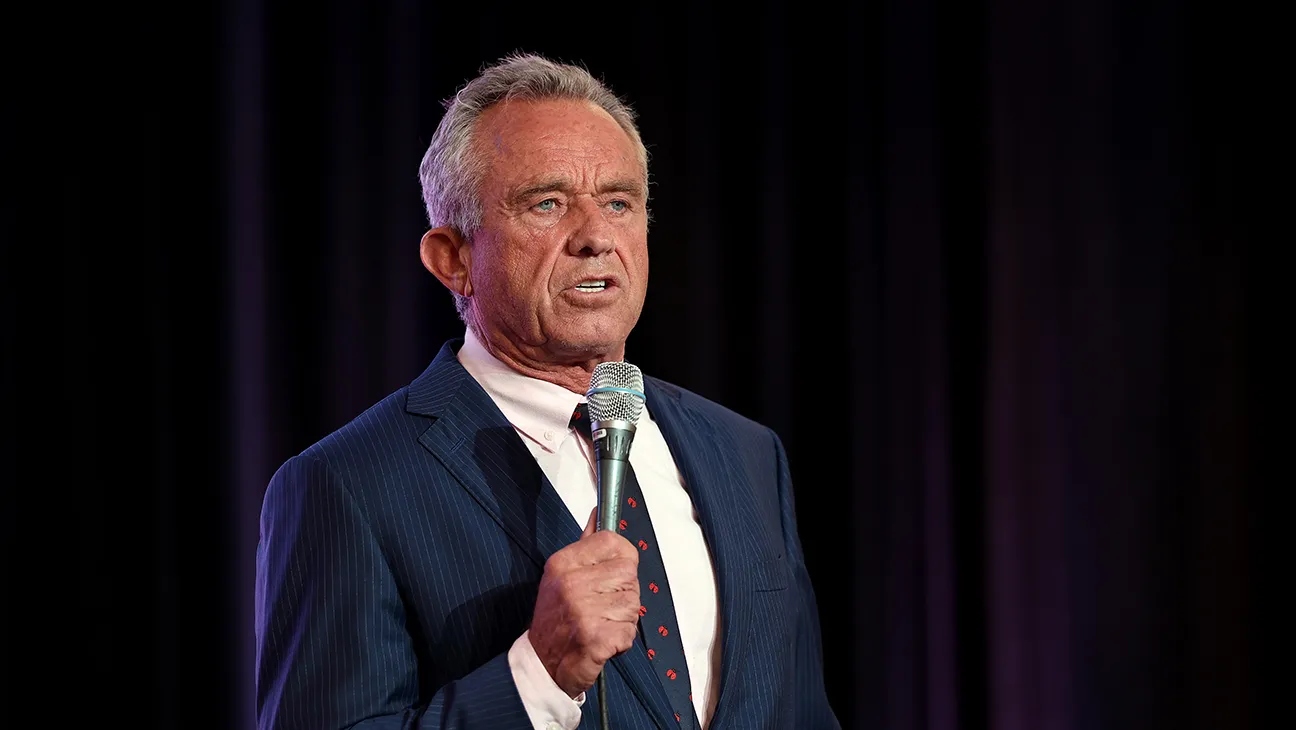Robert F. Kennedy Jr.: From Environmental Advocate to Controversial Presidential Candidate
Robert F. Kennedy Jr.: From Environmental Advocate to Controversial Presidential Candidate

Robert F. Kennedy Jr. (RFK), born on January 17, 1954, is a popular American politician, environmental lawyer, anti-vaccine activist, and conspiracy theorist.
As a member of the illustrious Kennedy family, he inherited not just a name synonymous with American politics but also a legacy of public service. His early career was marked by his work as an environmental lawyer. After overcoming personal challenges, including a conviction for heroin possession, RFK joined the Hudson River Fishermen's Association, later known as Riverkeeper, where he fought against pollution in the Hudson River. His legal victories helped to clean up the river and set a precedent for environmental law, showcasing his commitment to environmental causes.
RFK's Environmental Advocacy and Legal Achievements

RFK's work with Riverkeeper expanded into founding the Waterkeeper Alliance, an organization that now oversees 344 Waterkeeper programs across 44 countries. His legal efforts didn't stop at environmental advocacy; he was part of a legal team that secured a significant settlement for victims of environmental pollution in West Virginia, demonstrating his prowess in using the law for public good.
Anti-Vaccine Activism
RFK's career took a controversial turn with his deep dive into anti-vaccine activism. He became one of the most prominent voices against vaccination, founding Children’s Health Defense, an organization known for promoting the debunked theory linking vaccines to autism. His stance has drawn criticism from the scientific community and even from within his own family, highlighting a rift due to his propagation of what many consider misinformation.
Presidential Political Aspirations of Robert F. Kennedy Jr

In 2023, Robert F. Kennedy Jr. announced his candidacy for the U.S. presidency, initially as a Democrat, challenging President Joe Biden. His campaign was marked by his criticism of public health policies, particularly around vaccines and the handling of the COVID-19 pandemic. By October 2023, he declared his run as an independent candidate, a move that stirred discussions about his potential to act as a spoiler in the election. His campaign has been characterized by a mix of environmental advocacy, skepticism towards pharmaceutical companies, and a call to dismantle parts of the public health bureaucracy.
Controversies and Public Perception
Kennedy's political journey has not been without controversy. His statements on various issues, from suggesting that COVID-19 might be ethnically targeted to his views on vaccines, have often placed him at odds with mainstream science and medicine. His campaign has also seen support from unexpected quarters, including some Republican funders, which has led to speculation about his true political alignments.
Family Legacy and Personal Challenges of Robert F. Kennedy Jr
The Kennedy name carries weight in American politics, but RFK Jr.'s path has diverged significantly from his family's traditional political stance. His campaign has sometimes leveraged this legacy, yet his controversial positions have also caused public disagreements with family members. His personal life, marked by his early drug issues and his later environmental and legal battles, paints a picture of a man continually seeking to define his legacy, sometimes in the shadow of his family's past.
Current Activities and Future Prospects
As of 2024, Kennedy's campaign has taken him across the U.S., engaging with communities often overlooked by traditional political campaigns. His focus on issues like chronic diseases over infectious disease research, and his critique of vaccine mandates, continue to resonate with a segment of the population, even as they draw ire from others. His campaign's use of media, like the documentary filmed during his campaign trail, shows an attempt to reach voters through non-traditional means.
RFK's Alliance with Donald Trump

RFK's endorsement of Donald Trump came after he suspended his independent presidential campaign, signaling a strategic move to influence policy from within a potential second Trump administration. This partnership focuses on issues like vaccine skepticism, critique of government agencies, and a shared narrative against the establishment, despite their past criticisms of each other. This unexpected political friendship has been facilitated by common donors like Timothy Mellon and has been interpreted by some as a tactical alliance to challenge the traditional political landscape, although it's viewed with skepticism by others who see it as opportunistic.
Robert F. Kennedy Jr.'s journey from an environmental lawyer to a controversial political figure encapsulates a life lived in the public eye, marked by significant achievements and contentious stances. Whether viewed as a defender of the environment, a champion of public health skepticism, or a political maverick, his impact on American discourse is undeniable. As he continues his independent run for the presidency, his campaign remains a curious blend of legacy, controversy, and an unyielding challenge to established norms.
Trending
1 Meet Susie Wiles: Trump’s First Female Chief of Staff and the Powerhouse Behind His Political Success
Aaqil Ashraf2 Project 2025: The Conservative Vision for Trump's Return and Its Potential Impact on American Governance
Mihir Gadhvi3 Understanding the Aftermath of Biden-Harris Policies in the Trump Era
Daniel Lacalle4 President Trump Gains Over Half a Million Followers on X following his Election Victory
Anas Bouargane5 The Top 10 Most Politically Influential Celebrities
Felix Yim

